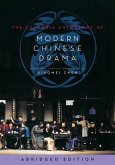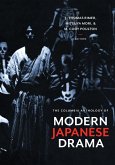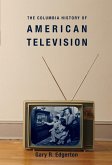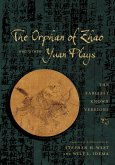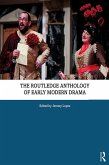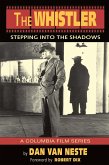The first of its kind in English, this anthology translates twenty-two popular Chinese plays published between 1919 and 2000, accompanied by a critical introduction to the historical, cultural, and aesthetic evolution of twentieth-century Chinese spoken drama. Primarily comprising works from the People's Republic of China, though including representative plays from Hong Kong and Taiwan, this collection not only showcases the revolutionary rethinking of Chinese theater and performance that began in the late Qing dynasty. It also highlights the formation of Chinese national and gender identities during a period of tremendous social and political change, along with the genesis of contemporary attitudes toward the West.
Early twentieth-century Chinese drama embodies the uncertainty and anxiety brought on by modernism, socialism, political conflict, and war. After 1949, PRC theater painted a complex portrait of the rise of communism in China, with the ideals of Chinese socialism juxtaposed against the sacrifices made for a new society. The Cultural Revolution promoted a "model theater" cultivated from the achievements of earlier, leftist spoken drama, even though this theater arose from the destruction of old culture. Post-Mao drama addresses the socialist legacy and the attempts of a wounded nation to reexamine its cultural roots. Taiwan's spoken drama synthesizes regional and foreign traditions, and Hong Kong's spoken drama sparkles as a hybrid of Chinese and Western influences. Immensely valuable for cross-disciplinary, comparative, and performance study, this anthology provides essential perspective on China's theatricality and representation of political life.
Early twentieth-century Chinese drama embodies the uncertainty and anxiety brought on by modernism, socialism, political conflict, and war. After 1949, PRC theater painted a complex portrait of the rise of communism in China, with the ideals of Chinese socialism juxtaposed against the sacrifices made for a new society. The Cultural Revolution promoted a "model theater" cultivated from the achievements of earlier, leftist spoken drama, even though this theater arose from the destruction of old culture. Post-Mao drama addresses the socialist legacy and the attempts of a wounded nation to reexamine its cultural roots. Taiwan's spoken drama synthesizes regional and foreign traditions, and Hong Kong's spoken drama sparkles as a hybrid of Chinese and Western influences. Immensely valuable for cross-disciplinary, comparative, and performance study, this anthology provides essential perspective on China's theatricality and representation of political life.
Dieser Download kann aus rechtlichen Gründen nur mit Rechnungsadresse in A, D ausgeliefert werden.



